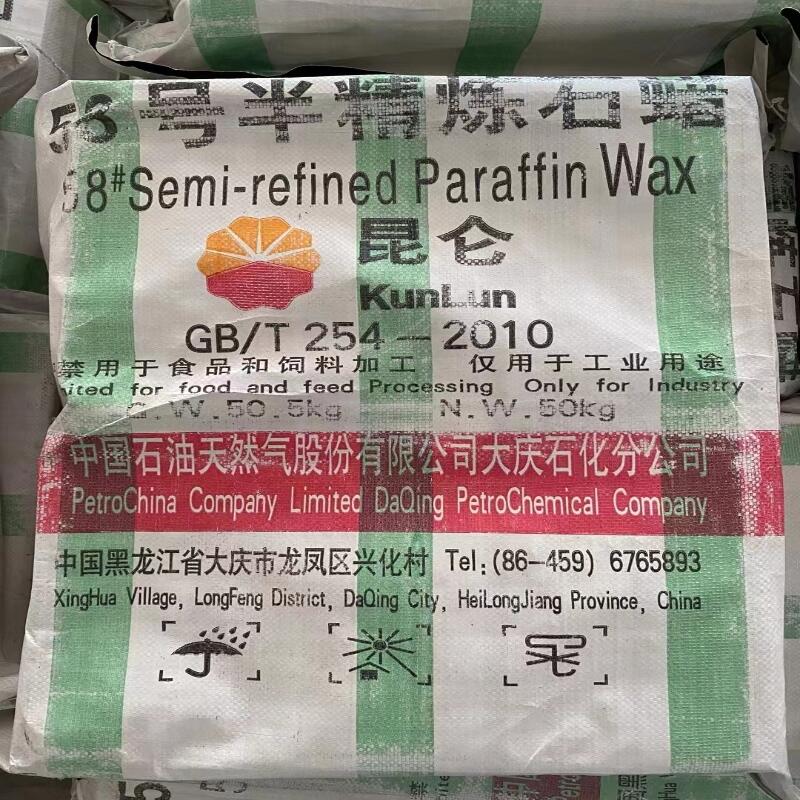-
Categories
-
Pharmaceutical Intermediates
-
Active Pharmaceutical Ingredients
-
Food Additives
- Industrial Coatings
- Agrochemicals
- Dyes and Pigments
- Surfactant
- Flavors and Fragrances
- Chemical Reagents
- Catalyst and Auxiliary
- Natural Products
- Inorganic Chemistry
-
Organic Chemistry
-
Biochemical Engineering
- Analytical Chemistry
-
Cosmetic Ingredient
- Water Treatment Chemical
-
Pharmaceutical Intermediates
Promotion
ECHEMI Mall
Wholesale
Weekly Price
Exhibition
News
-
Trade Service
Bis(p-methylbenzylidene)sorbitol, commonly referred to as PMBS, is a widely used chemical in the chemical industry.
It is synthesized by the condensation of p-methylbenzyl alcohol and sorbitol in the presence of an acid catalyst.
PMBS is a colorless, odorless, and slightly polar liquid with a high boiling point of 221°C.
It is soluble in water, ethanol, and methanol, but only slightly soluble in benzene and chloroform.
PMBS has various applications in the chemical industry, including as a solvent for coatings, inks, and adhesives, and as a plasticizer for polyvinyl chloride (PVC) resins.
Its unique properties, such as its low toxicity, high solubility in water, and low volatility, make it an attractive alternative to other solvents and plasticizers.
Safety of Bis(p-methylbenzylidene)sorbitol
The safety of PMBS is a key concern in the chemical industry, particularly given its widespread use.
To ensure the safety of PMBS, various studies have been conducted to assess its potential health and environmental impacts.
Human Health Impacts
PMBS is low in toxicity and is not expected to cause harm to human health when used in appropriate concentrations.
According to the results of a comprehensive toxicity study, PMBS is classified as Category 3 for human toxicity, indicating that it is not expected to cause harm to human health.
Inhalation exposure to PMBS is not expected to cause adverse effects, as it is not irritating to the respiratory system.
Ingestion of PMBS is not expected to cause adverse effects, as it is not harmful if swallowed.
Skin exposure to PMBS is not expected to cause adverse effects, as it is not irritating to the skin.
Environmental Impacts
PMBS is not expected to cause significant environmental impacts, as it is not persistent, bioaccumulative, or toxic to aquatic life.
The half-life of PMBS in water is less than one day, indicating that it is not persistent in the environment.
PMBS is not expected to accumulate in organisms, indicating that it is not bioaccumulative.
PMBS is not expected to cause adverse effects to aquatic life, as it is not toxic to fish or other aquatic organisms.
PMBS is considered a green solvent due to its low impact on the environment.
It has a low vapor pressure, which reduces emissions and evaporation losses.
It is also biodegradable, which means that it can be broken down by microorganisms in the environment without causing harm.
Handling and Storage of Bis(p-methylbenzylidene)sorbitol
To ensure the safe handling and storage of PMBS, it is important to follow proper safety procedures and guidelines.
Personnel handling PMBS should wear appropriate personal protective equipment, including gloves, safety glasses, and lab coats.
PMBS should be stored in a cool, dry, and well-ventilated area, away from sources of ignition or heat.
It should be stored in aseptic conditions to prevent contamination.
The storage area should be equipped with appropriate fire protection equipment, such as fire extinguishers and fire blankets.
PMBS should be transported in accordance with applicable regulations and guidelines.
It should be transported in suitable packaging that is resistant to leakage and is labeled with appropriate hazard warnings.
Conclusion
Bis(p-methylbenzylidene)sorbitol, commonly referred to as PMBS, is a widely used chemical in the chemical industry.
It is a colorless, odorless, and slightly polar liquid with a high boiling point of 22







